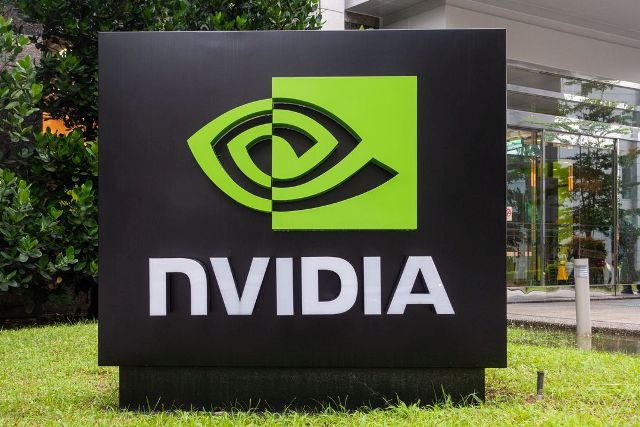Nvidia’s plans for buying British chip designer ARM for $40 billion has hit a major hurdle after regulator Competition and Markets Authority found it could damage competition and weaken rivals, and required a lengthy investigation.

ARM is owned by Japan’s SoftBank.
Britain’s competition regulator said the merged entity could reduce competition in markets around the world and in sectors as large as data centres, the internet-of-things, automotives and gaming.
“We’re concerned that Nvidia controlling ARM could create real problems for Nvidia’s rivals by limiting their access to key technologies, and ultimately stifling innovation across a number of important and growing markets,” said Andrea Coscelli, head of Competition and Markets Authority.
ARM is a major player in semiconductors, a sector fundamental to technologies from artificial intelligence and quantum computing to 5G telecoms networks. Its designs power nearly every smartphone and millions of other devices.
The deal also sparked anger in the semiconductor industry, where Arm has long been a neutral player licensing key intellectual property to customers who are otherwise intense rivals, including Qualcomm, Samsung Electronics and Apple.
The fear among chip firms is that Nvidia will give itself early access to Arm’s innovations rather than distributing them to the entire industry on an equal basis.
While Nvidia had offered remedies to lessen the impact, the UK regulator did not believe they would alleviate its concerns.
Nvidia, which had hoped to close the deal by March next year, said on Wednesday it was taking longer to win the necessary approvals than expected and some U.S. based analysts have said they believe the takeover will be blocked. The deadline for the deal is September next year.
Nvidia said on Friday it believed the deal remained beneficial to the industry and ARM’s CEO has said the proposed merger would better support the creation of jobs and enable it to invest in the technologies of the future, as opposed to it becoming a standalone public company.
The sale of ARM last year came as SoftBank sold a string of other assets to reduce its debt.
The UK government will consider the findings and give a fuller response at a later date, which will also include its thinking on any impact on national security.





